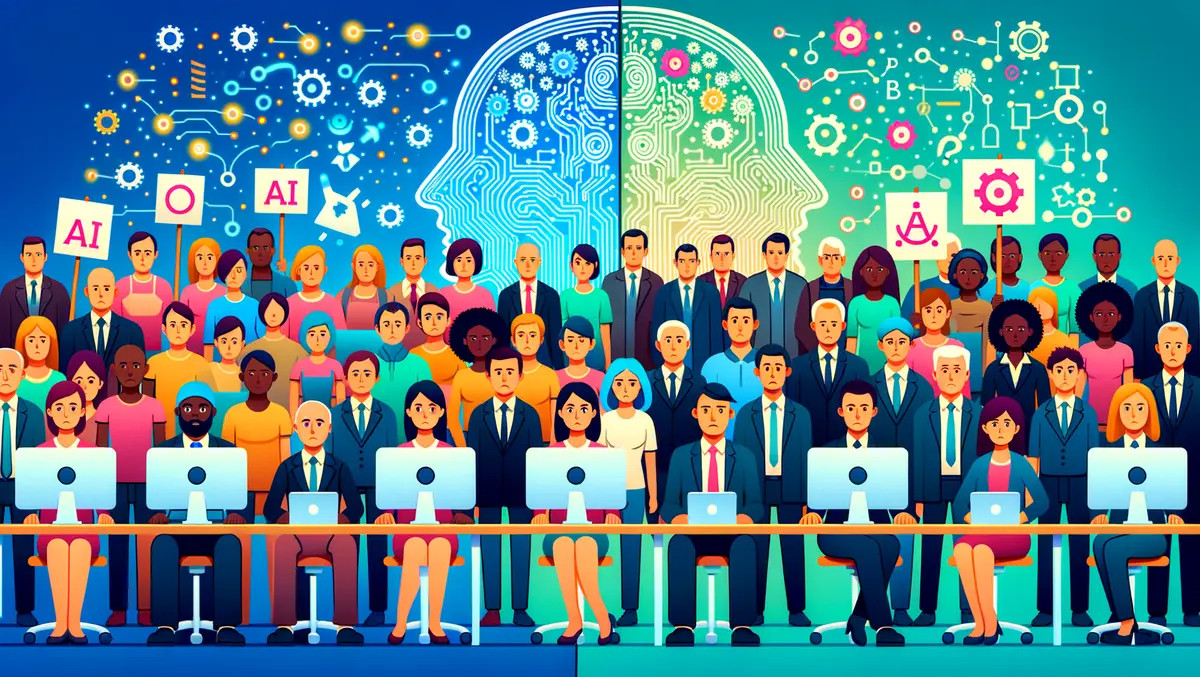
Alteryx uncovers public vs business opinion of GenAI in new study
Enterprise AI company, Alteryx, has released a report showcasing the divergent perceptions between businesses and the general public in their understanding and acceptance of Generative AI (genAI). Out of the 400 APAC IT business leaders and 600 members of the public surveyed, the study found that 80% of businesses view genAI as adding value, while 43% of public respondents revealed scepticism about its worth. Alarmingly, 38% expressed fear about its future use.
Trevor Schulze, CIO at Alteryx, highlighted the need to "mitigate fears" about genAI's value. He identified trust, ethical concerns, lack of skills, fear of privacy infringement, and algorithmic bias as key roadblocks that must be cleared. "To truly reap the benefits of this 'game-changing' tech," Schulze said, "organisations must accelerate their data journey, implement better governance and empower non-technical users to access and analyse data in a secure and trusted environment, while addressing privacy and bias concerns."
The research brought to light some interesting trends in genAI usage. Overall, 66% of the general public use genAI to search for information whereas 45% of businesses utilise it for data analysis. The study also found shared sentiments towards genAI's increasing role in content creation, with 78% of the public feeling positive about this, however, they also voiced the need for regulation (47%).
A notable contrast was seen when respondents ranked activities in which genAI should not be involved. The general public was most wary of ethical implications (50%), while business respondents were more concerned about critical decision-making activities (41%). Despite nearly 70% of both business leaders and the general public expressing concerns about AI hallucinations affecting overall trust in AI, genAI is starting to prove its value in the business world.
In the past year, businesses have run an average of three pilots using genAI, with an impressive 73% reporting the projects as very or extremely successful. Top challenges in scaling AI mentioned by businesses included data privacy and security (49%), security concerns (46%), and quality and reliability of outputs (36%). Only 35% reported having ethical use guidelines in place, a percentage lower than the regional average of 39%.
Training is identified as crucial, with 29% reporting a lack of skilled talent as a barrier to scaling genAI organisation-wide. Continuing this theme of discrepancy, 73% of businesses feel that genAI will replace existing job roles in the next two to three years, however only 40% of the general public believes genAI will lead to job losses.
Despite these divisive perceptions, 65% of businesses plan to continue increasing their investment in genAI technologies. However, concerns remain on both sides. The general public fears the rise of fake news (39%) and misuse by criminals (37%). Meanwhile, businesses are battling misinformation produced by genAI, with 50% having experienced this issue. Both sides have raised concerns about the correctness, recency and potential bias of information produced by genAI.
"Get this right," concludes Trevor Schulze, "and genAI has the potential to drive innovation, enhance decision-making, and deliver significant value in both the workplace and the personal lives of employees."


